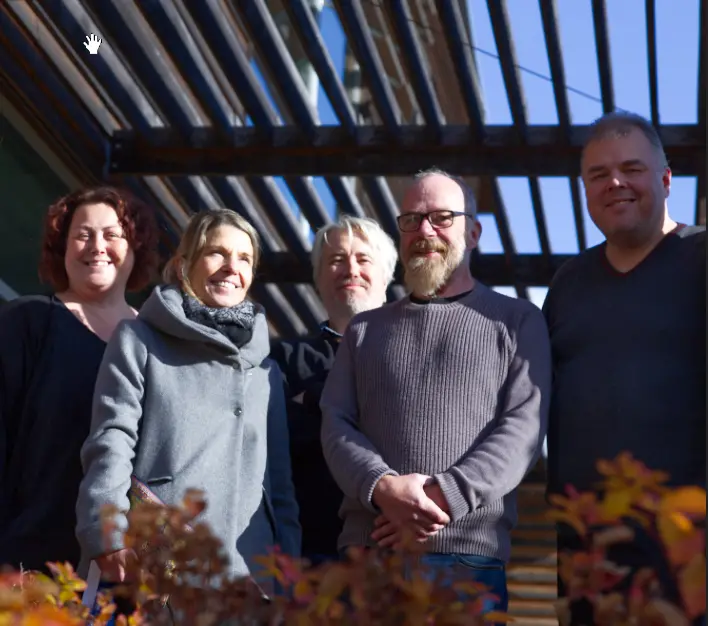Plagiarism
When you are writing essays, reports and other academic texts, you may quote or refer to others' texts and results, as long as you do this correctly and inform your reader of your sources. You are not allowed to use other people's ideas, texts and work without clearly stating that they are not your own.
Plagiarism
To plagiarise means to intentionally mislead your readers into believing that other people's thoughts and words are your own. If you write about what you have read or heard while failing to acknowledge your sources correctly, you haven't followed the rules for scientific writing and run the risk of being accused of plagiarism.
Using your own text that has been used in another context without proper referencing is also a form of plagiarism (self-plagiarism).
Plagiarism checking
At the University of Gävle, we use the plagiarism prevention service Ouriginal that is integrated in Canvas, and can be activated for various submissions and assignments made there. For more information about our routines, contact your teacher.
If there is strong suspicion or evidence of plagiarism, it must be reported to the Disciplinary Board.
Cheating and deception
In addition to plagiarism, there are other examples of suspected cheating and deception that can lead to disciplinary sanctions, such as the use of prohibited aids or unauthorised cooperation. Such suspicions will also be reported to the Disciplinary Board.
More information on plagiarism

This page was last updated 2024-04-23


